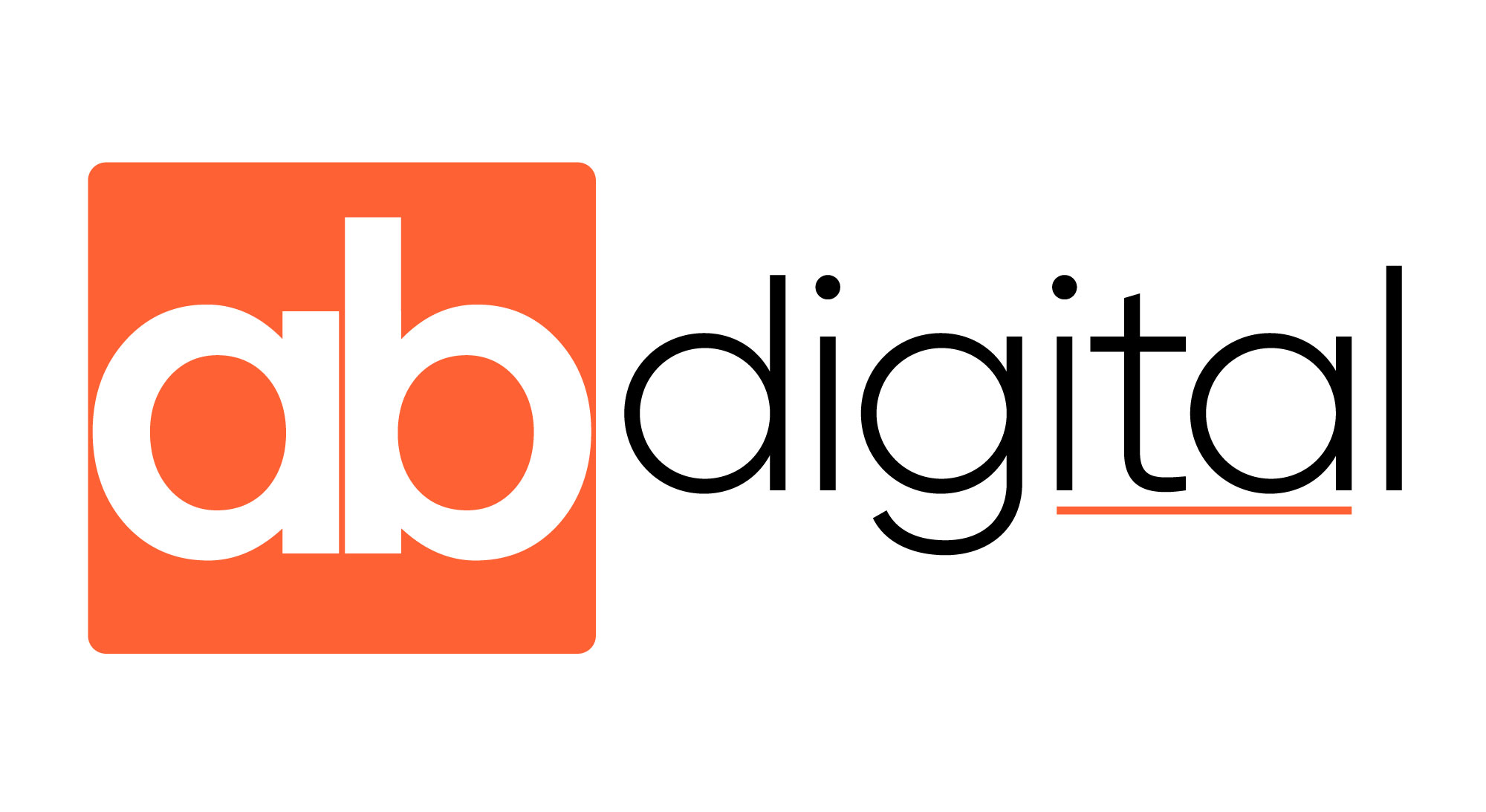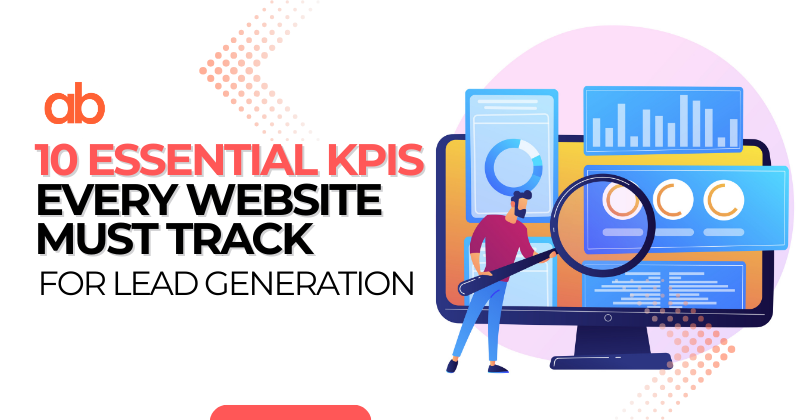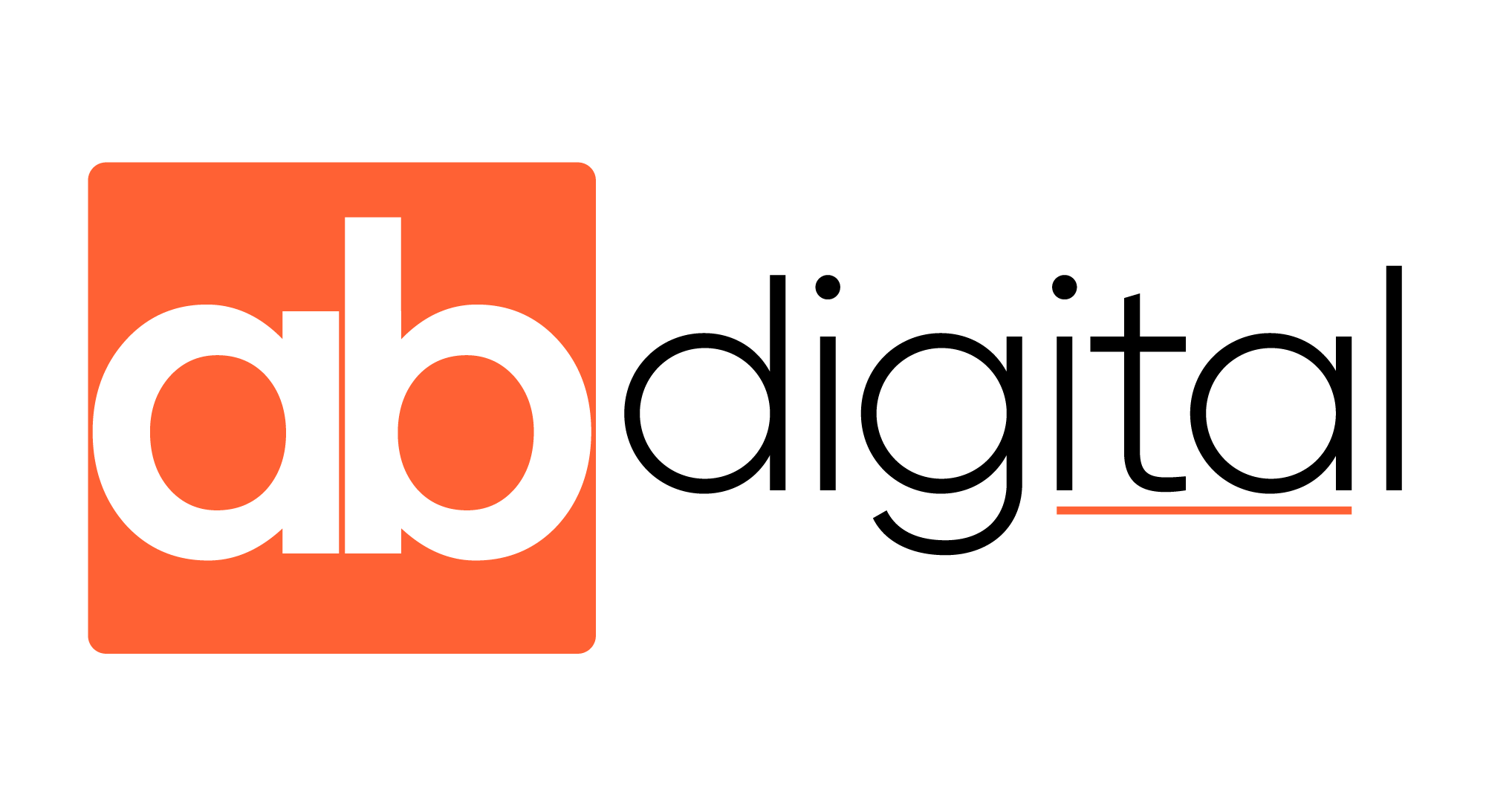In the dynamic landscape of digital marketing, the success of your lead generation efforts hinges on the ability to measure and analyze key performance indicators (KPIs). To empower your business with actionable insights, here are the 10 KPIs that every website must track to elevate lead generation strategies.
1. Website Traffic
Website traffic refers to the volume of visitors or users who navigate to and interact with a particular website. Think of it as the digital footfall or audience that lands on your web pages, consuming content, and potentially engaging with your products, services, or information.
Why it Matters:
- Indicator of Reach: A high volume of traffic suggests a broad reach, increasing the potential for lead generation.
- Source Insights: Analyzing traffic sources helps identify effective channels for lead acquisition.
2. Conversion Rate
Why it Matters:

- Lead Quality: Measures the percentage of visitors who take the desired action, providing insights into lead quality.
- Campaign Effectiveness: Assesses the performance of lead generation campaigns.
3. Landing Page Conversion Rate
Why it Matters:
- Page Effectiveness: Evaluates the performance of specific landing pages in converting visitors into leads.
- User Experience: Indicates the relevance and appeal of the content on landing pages.
4. Click-Through Rate (CTR)
Why it Matters:
- Ad and Content Engagement: Reflects the effectiveness of ads and content in capturing user interest.
- CTR Trends: Monitors changes in user behavior and interest over time.
5. Bounce Rate
Why it Matters:
- Page Relevance: A high bounce rate may signal that landing pages need optimization for better user engagement.
- Content Alignment: Indicates whether the content aligns with visitor expectations.
6. Time on Page
Why it Matters:
- Engagement Quality: Longer time on page suggests deeper engagement with content.
- Content Effectiveness: Measures the appeal and relevance of the content to visitors.
7. Lead Generation Form Conversion Rate
Why it Matters:
- Form Optimization: Assesses the performance of lead generation forms.
- User Experience: Indicates the ease with which visitors complete forms.
8. Cost Per Lead (CPL)
Why it Matters:
- Budget Efficiency: Measures the cost-effectiveness of lead generation efforts.
- Campaign ROI: Assesses the return on investment for each generated lead.
9. Customer Acquisition Cost (CAC)
Why it Matters:
- Budget Allocation: Helps optimize budget allocation for lead generation channels.
- Profitability Assessment: Evaluates the cost of acquiring a customer against their lifetime value.
10. Social Media Engagement
Why it Matters:
- Brand Visibility: Measures the impact of social media efforts on lead generation.
- Community Building: Indicates the strength of the brand’s social media community.
Conclusion: Turning Data into Leads
By monitoring these 10 KPIs, your website can transform data into actionable insights, driving continuous improvement in lead generation strategies. Whether you’re optimizing landing pages, fine-tuning ad campaigns, or enhancing user experience, these KPIs provide a roadmap to success in the competitive world of online lead generation. Elevate your digital marketing game and watch your leads soar to new heights.


